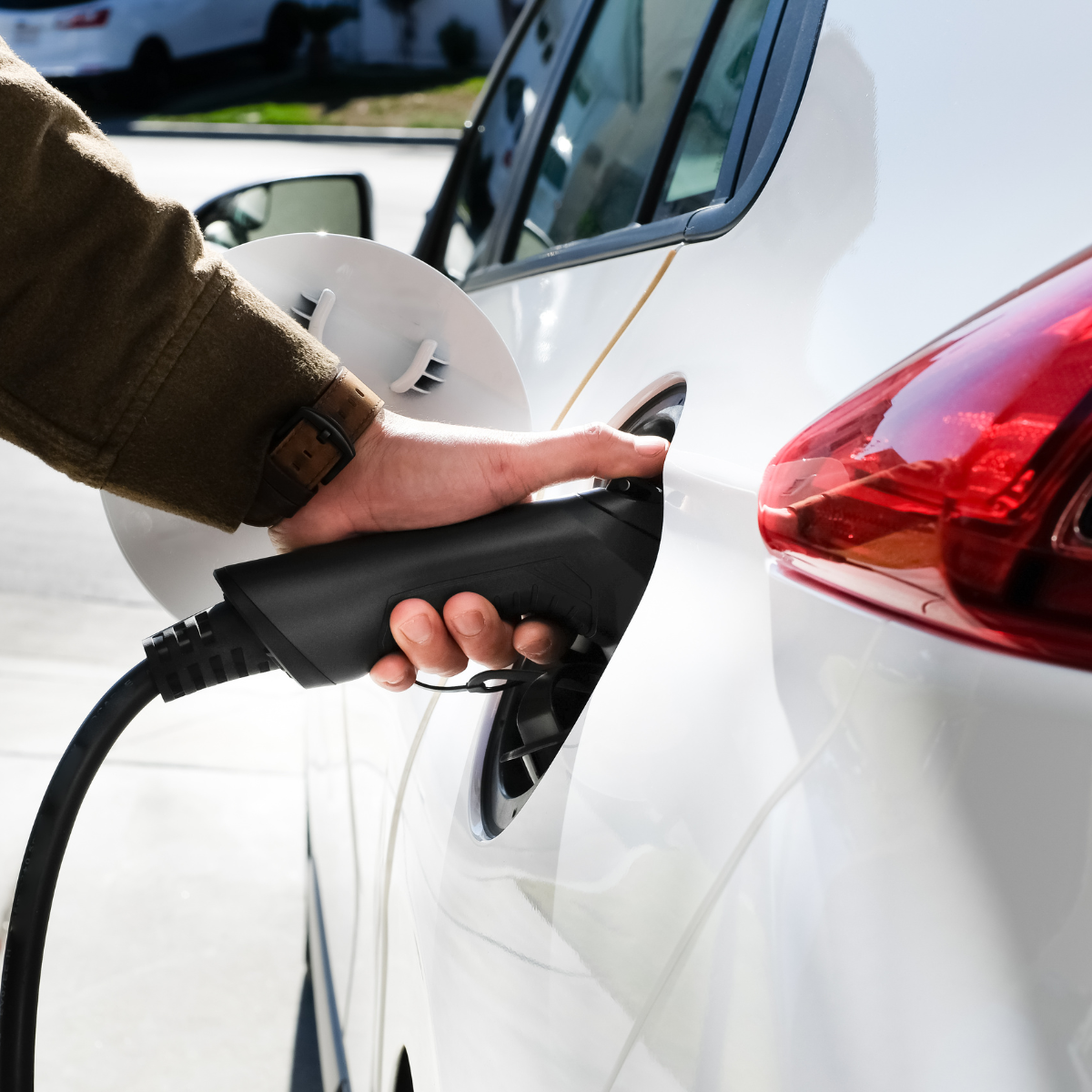About the project:
Harbury e-Wheels, the initiator of Harbury Future Energy (HFE), emerged from Harbury Energy Initiative (HEI), a village volunteer-run group that aims to save energy and to cut carbon within the community. Harbury e-Wheels, recipient of the Queen’s Award for Voluntary Service, is now a separate charity providing free electric vehicle (EV) transport to those in need and aiming to reduce rural isolation.
The HFE project has identified the technical feasibility of providing a community EV charging station providing rapid and fast charging facilities in the village powered as much as possible by on-site renewable energy (wind and solar) with battery storage and mains grid back up. Planning is now secured.
Challenges and risks
Rural communities face serious inequities in the charging infrastructure roll-out. Transport links are poor. Those without off-road parking will not easily transition to EV ownership – a key part of the Net Zero strategy – unless they have a local facility.
The project is ambitious and will be costly. It is now the key element of a Warwickshire County Council bid to the LEVI fund and significantly larger than originally conceived. There will need to be a grid upgrade and at this stage funding is uncertain. Projecting demand is also challenging as there is no precedent.
The study highlighted the need for a pilot scheme to test the market and the viability of rural charging schemes.
Community benefits
The scheme helped to fund the charity’s electric vehicles providing essential service in village and EV charging for villagers with no off road parking.
Key facts:
7 kW vertical axis wind turbine
13 kW solar PV array
160 kW battery and 21,100 kW energy generated per annum
Lessons learnt
The demand for rapid charging brings power capacity issues and challenges to more rural locations such as Harbury.
However, as evidenced within the study, integrated battery ‘buffer’ storage coupled with export limitation technology provides a solution. The surveys and community engagement showed that there is a strong appetite locally for such a scheme. The availability of local charging will influence and enable the transition to EVs. Such projects are detailed and protracted in development. Securing the services of quality consultants is essential.

